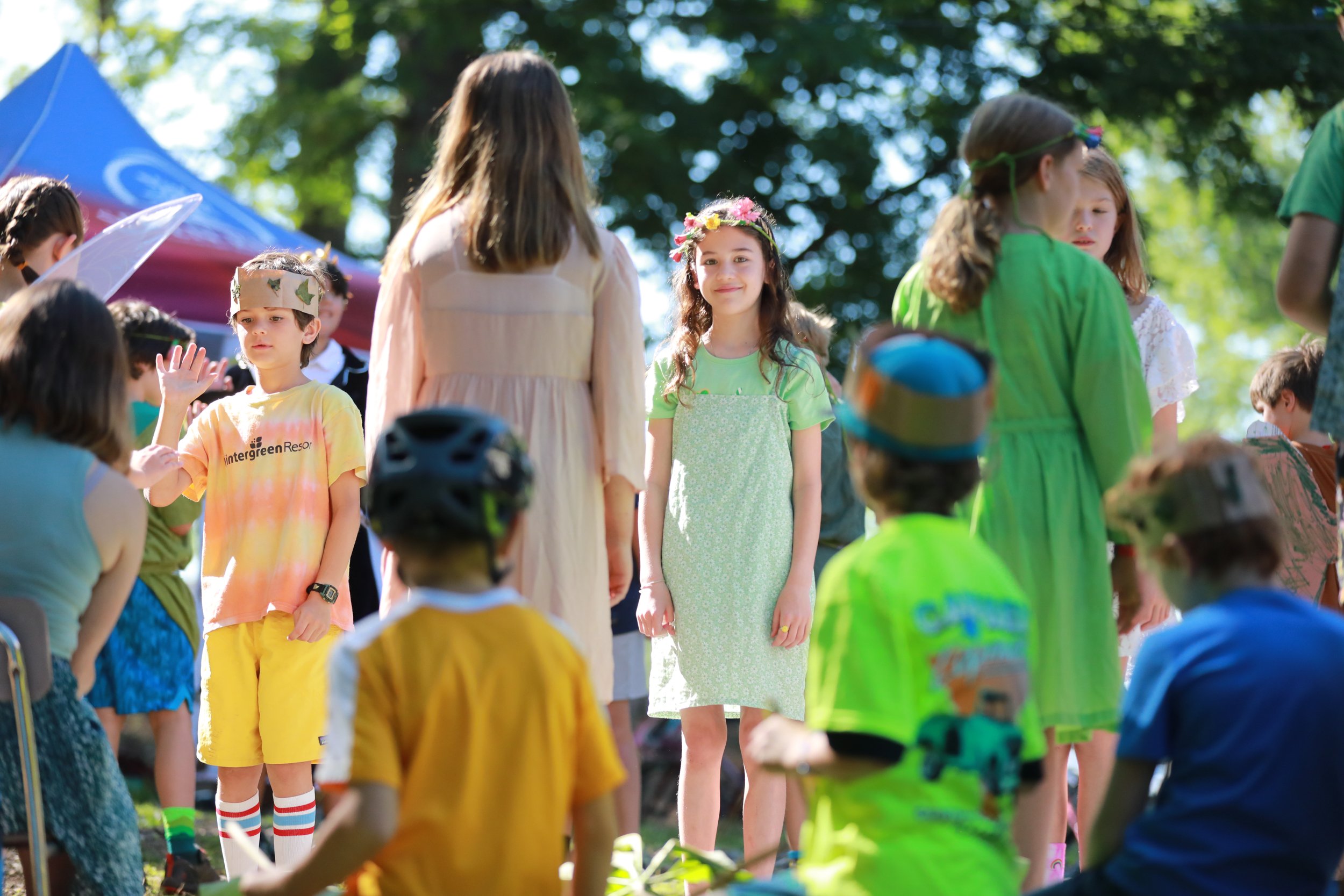THE SCIENCE OF ACHIEVING GREATER THINGS
I recently read Adam Grant’s book Hidden Potential: The Science of Achieving Greater Things. The book is a deep dive into how to unlock the power and potential of all humans. I found the parts on early childhood education interesting and affirming of what we do here at Seven Rivers Country Day School.
In his book, Grant argues the importance of:
being proactive in teaching character skills like resilience, adaptability, and curiosity
embracing discomfort and learning from mistakes
allowing free play where children can experiment and make mistakes in a low-stakes environment.
At Seven Rivers Country Day School, these three focuses are the keystone of a student's daily experience. They are baked deep into the roots and systems of everything we do. They are an ethos that permeates almost every interaction and choice.
As an example, we start every day with a bike ride, PE, or other vigorous activity. We use this time to get our bodies and minds warmed up. Students are allowed the freedom to move in space around other kids. They share the trail. They collaborate on building forts in the woods. They push through perceived boundaries both socially and physically. Often we process a success or setback in real-time or immediately after the event. We find this intentional approach to character education makes the lesson more potent as they are more easily able to see the connection to their real lived experience.
We also put a premium on unstructured play. Our students are given space to get some bumps and bruises and earn more autonomy as teachers observe growth and development over the months and years. Sometimes the students push too far, and we pull back these freedoms and build more scaffolding. Real learning happens in real-time, with natural consequences that are processed by experienced teachers who are experts in their craft. It can be a bit uncomfortable at times, however, we believe true, deep, authentic learning only happens when it relates to a real experience, and as such we lean into the unknown avoiding the temptation to do what is easiest for the adults. Instead, we do what's best for the kids and allow for mistakes in a low-stakes environment.
What we find is these lessons are quickly transferred to the classroom and endure long beyond Seven Rivers. Seven Rivers students and graduates report regularly that they learned to be confident, take risks, and love learning during their time at the school. They tell me that it was the fort building in the woods or the morning ride that gave them the confidence to try out for a school play or take a class that they are curious about. They go on to tell me that this was the first time they truly felt trusted by adults to be themselves in and out of the classroom and that they look forward to school each and every day.
I firmly believe the Seven Rivers model is the future of elementary and middle school learning. Students need real-world experiences and consequences and the confidence to step out into a tumultuous world knowing that they may not know the answer to how life works but they have the tools to try and figure it out.






